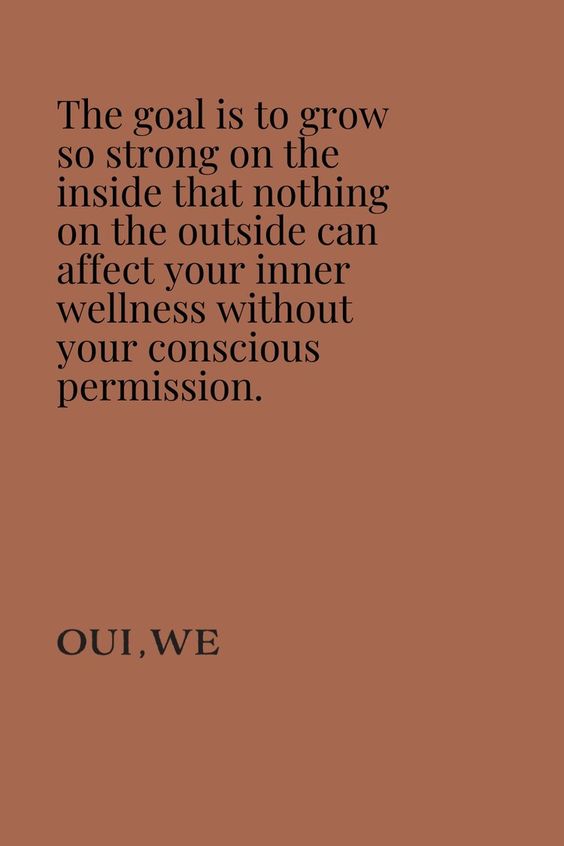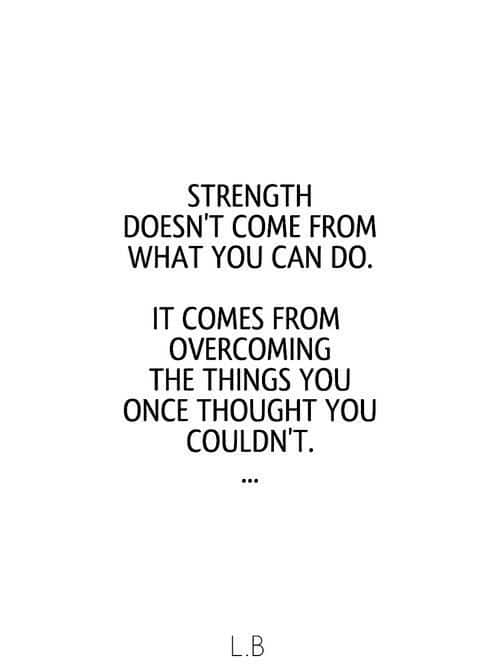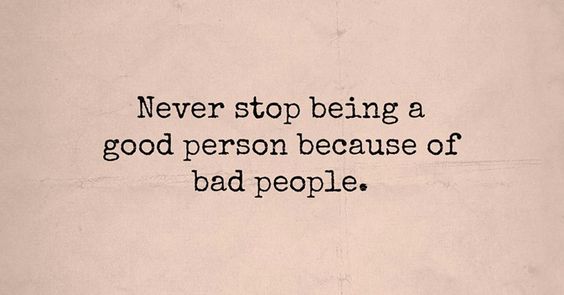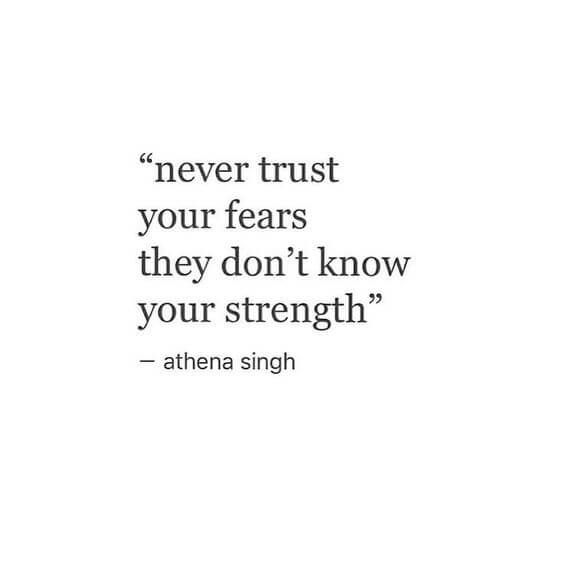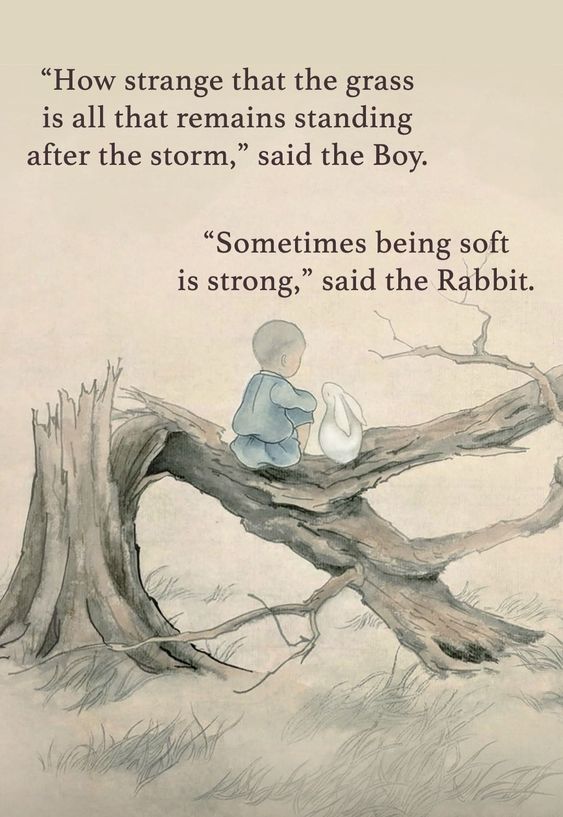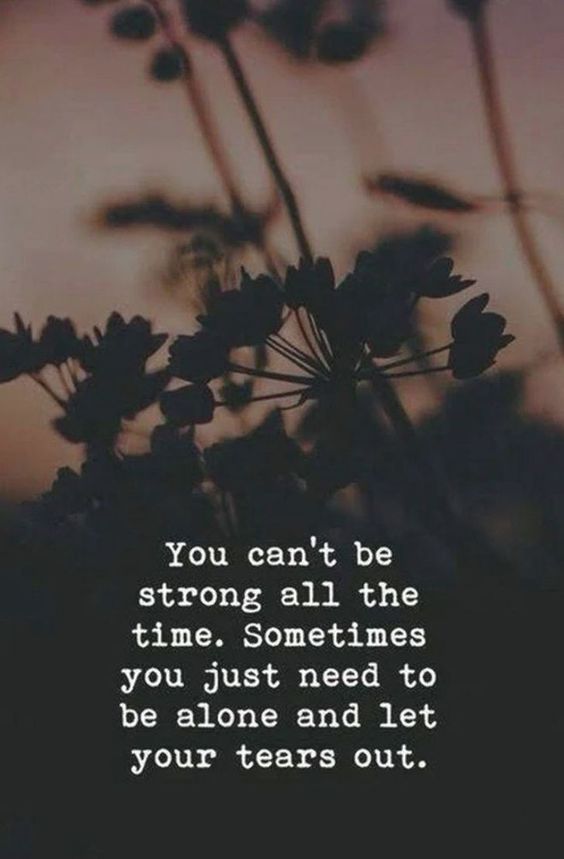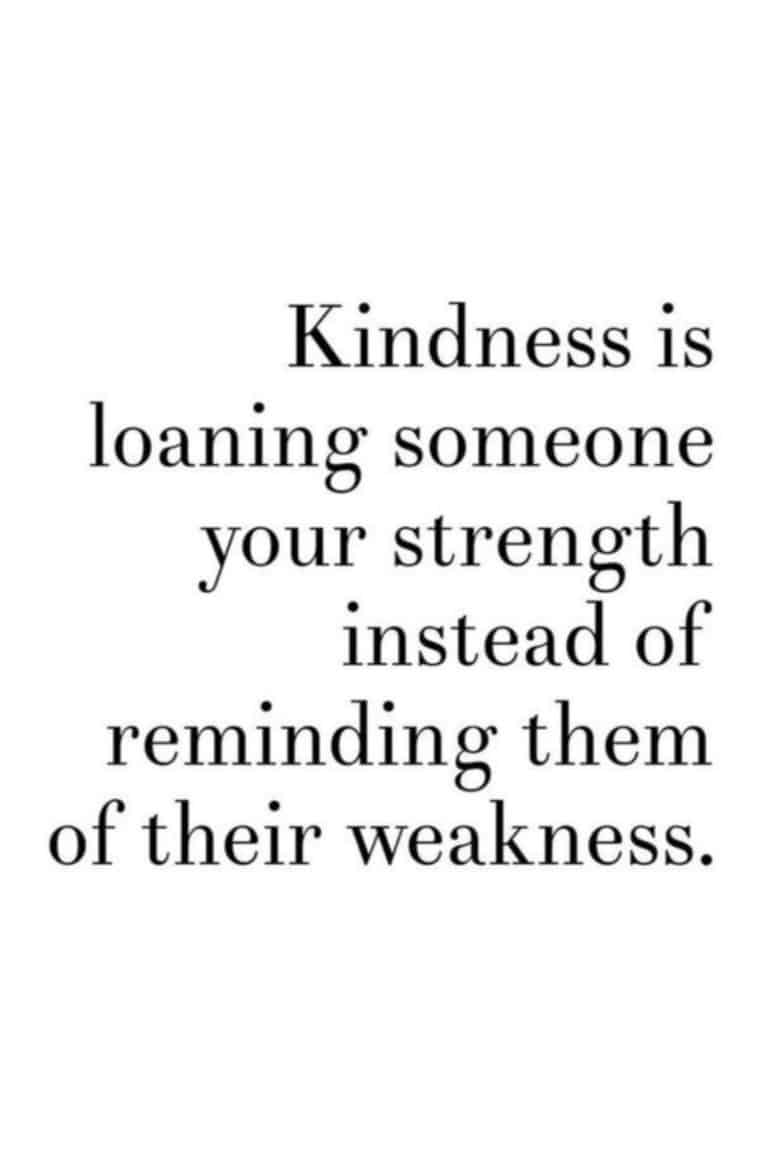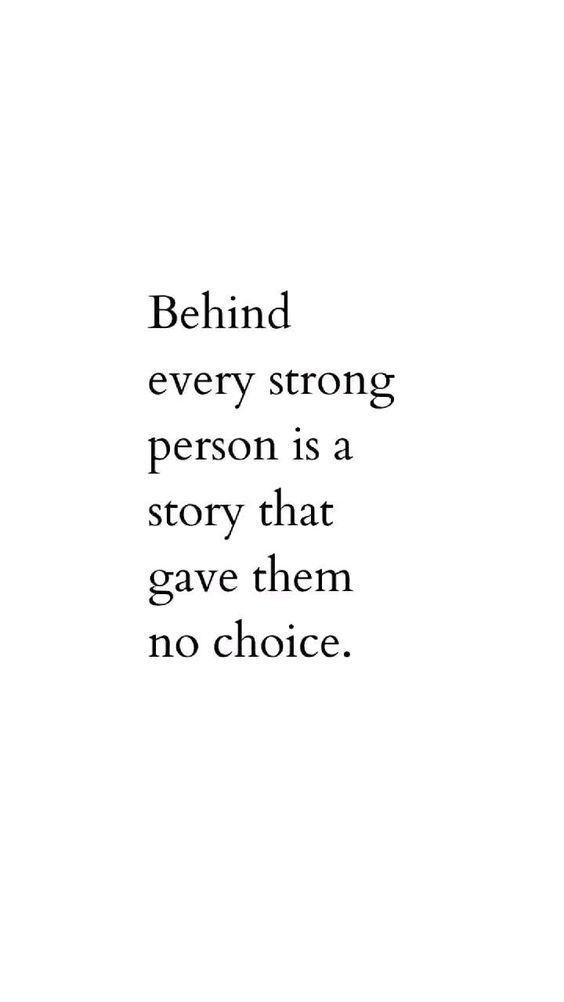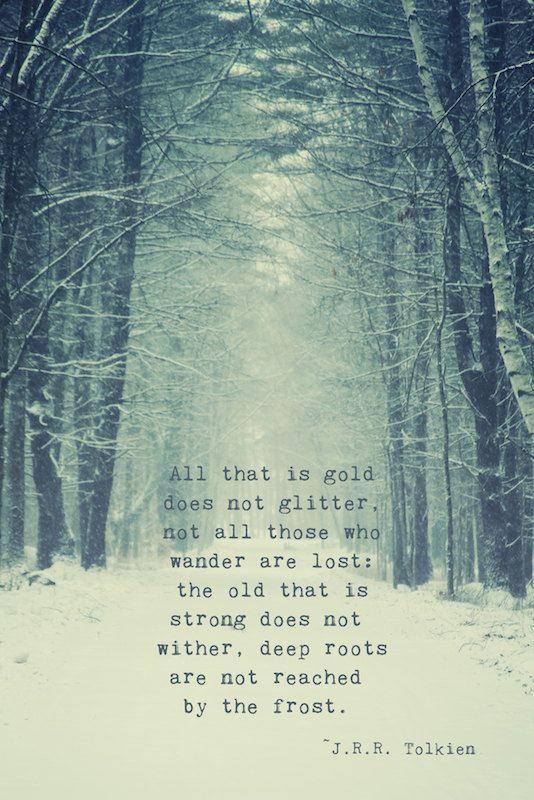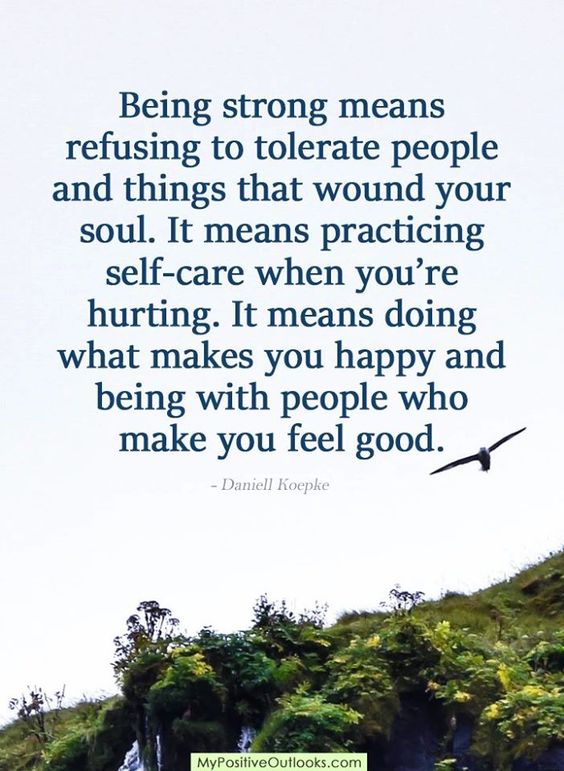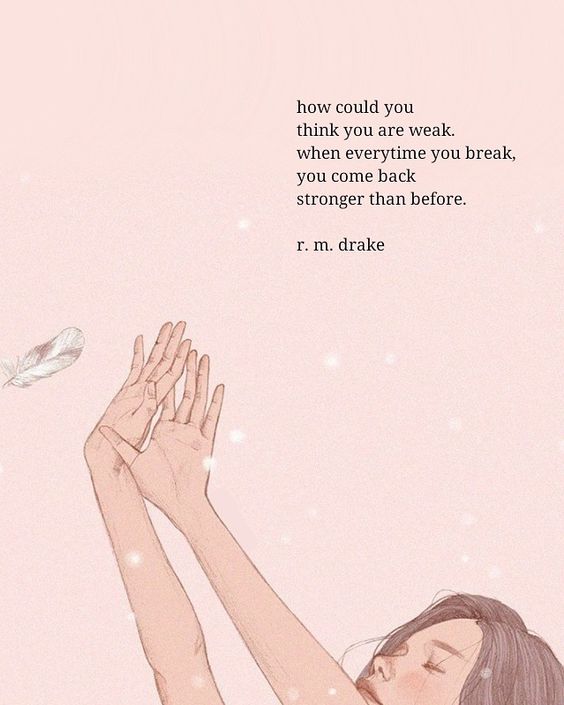“Who is a wise man?—He who studies all the time.
Who is strong?—He who can limit himself.
Who is rich?—He who is happy with what he has.”
The Talmud, via A Calendar of Wisdom (Page 156)
“In school, you are graded on every test—even if it’s your weakest subject. In life, you can choose the tests you take—even if they always play to your strengths. Maintain a baseline so your weak areas don’t hold you back, but design your life so you are graded on your strengths.”
James Clear, Blog
“Make yourself invulnerable to your dependency on comfort and convenience, or one day your vulnerability might bring you to your knees.”
Ryan Holiday, The Daily Stoic (Page 287)
“The point is not to have an iron will, but an adaptable will—a will that makes full use of reason to clarify perception, impulse, and judgment to act effectively for the right purpose. It’s not weak to change and adapt. Flexibility is its own kind of strength. In fact, this flexibility combined with strength is what will make us resilient and unstoppable.”
Ryan Holiday, The Daily Stoic (Page 281)
“No one is crushed by Fortune, unless they are first deceived by her… those who aren’t pompous in good times, don’t have their bubbles burst with change. Against either circumstance, the stable person keeps their rational soul invincible, for it’s precisely in the good times they prove their strength against adversity.”
Seneca, via The Daily Stoic (Page 270)
“Cato the Younger had enough money to dress in fine clothing. Yet he often walked around Rome barefoot, indifferent to assumptions people made about him as he passed. he could have indulged in the finest food. He chose instead to eat simple far. whether it was raining or intensely hot, he went bareheaded by choice. Why not indulge in some easy relief? Because Cato was training his soul to be strong and resilient. Specifically, he was learning indifference: an attitude of ‘let come what may’ that would serve him well in the trenches with the army, in the Forum and the Senate, and in his life as a father and statesman.”
Ryan Holiday, via The Daily Stoic (Page 263)
“Heroes are only as strong as their villains.”
Debbie Ford, The Shadow Effect (Page 103)
“Gandhi said your power becomes invincible when you have reduced yourself to zero—which means, when you don’t want anything, when you have no more fear looking in the eyes of death, when you’re right here. Then your statement has the power of the universe behind it. It’s coming from a root place of truth, because there’s nothing in it for you. You don’t want anything. To me, that is the power of a Christ, or just one clear person who isn’t vulnerable. I don’t underestimate the power of the human heart. When I look at the human heart, that link, that doorway, I see an institution that makes the Pentagon look like a kids’ toys.”
Ram Dass, via Sunbeams (Page 93)
“When I pray, I never pray for myself, always for others, or else I hold a silly, naive, or deadly serious dialogue with what is deepest inside me, which for the sake of convenience I call God. Praying to God for something for yourself strikes me as being too childish for words. To pray for another’s well-being is something I find childish as well; one should only pray that another should have enough strength to shoulder his burden. If you do that, you lend him some of your own strength.”
Etty Hillesum, An Interrupted Life, via Sunbeams (Page 85)
